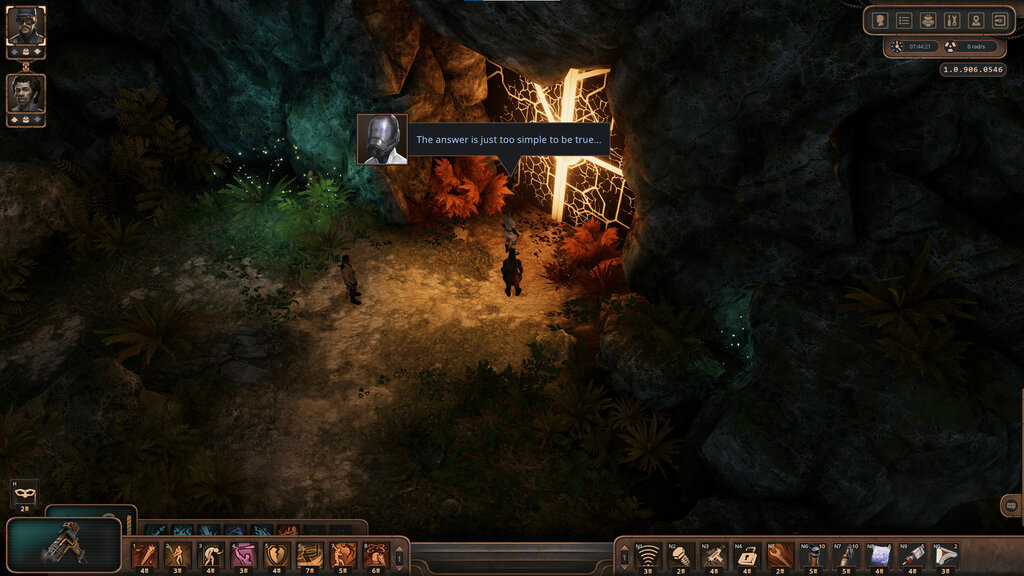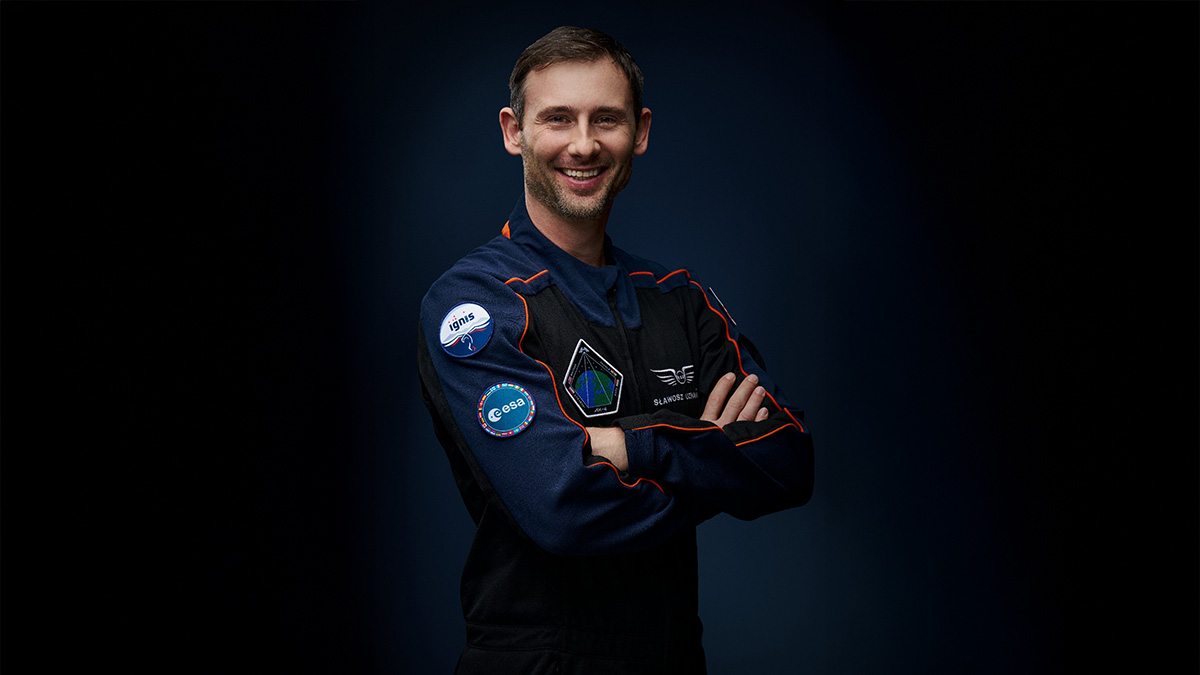Cancer patients across the UK face a "postcode lottery" when accessing vital services designed to improve their quality of life and provide urgent care, leading medical experts have warned. The stark disparity in care availability means some patients receive comprehensive support whilst others struggle to access basic services.
Four major medical organisations have united to demand urgent investment in supportive and acute oncology services. The Royal College of Physicians (RCP), Royal College of Radiologists (RCR), UK Association of Supportive Care in Cancer (UKASCC) and Association for Palliative Medicine (APM) insist these services must become "essential components of modern cancer care" rather than "optional extras".
Services under pressure
Supportive oncology manages the physical and psychological impact of cancer on patients, including nutrition advice and mental health support. This comprehensive approach addresses the complex needs of people living with cancer beyond just treating the disease itself.
Acute oncology brings together specialists from oncology, emergency care and end-of-life services to rapidly treat patients facing cancer-related emergencies. These emergencies can stem either from the cancer itself or complications arising from treatment.
Patchy implementation
An RCR report revealed that whilst "some excellent supportive oncology services" are developing across the country, implementation remains inconsistent. This uneven distribution creates significant gaps in care depending on where patients live.
The medical colleges have called on the NHS and governments across the UK to embed both services in the national cancer plan. They also want expanded clinical fellowships in supportive oncology and dedicated funding for cancer centres to develop comprehensive programmes.
Hospital pressure relief
Dr Tom Roques, consultant clinical oncologist and vice president for clinical oncology at the RCR, said investing in these services would reduce pressure on hospitals. His comments align with the Government's 10-year health plan, which pledges to move more care from hospitals into communities by 2035.
"More people are living with cancer for longer, with complexities that affect their physical, emotional and social wellbeing," Dr Roques said. "Supportive oncology services can improve patients' quality and length of life and prevent avoidable hospital admissions."
Essential not optional
Dr Hilary Williams, incoming RCP clinical vice president and consultant medical oncologist, emphasised the critical nature of these services. She stressed that as cancer treatment becomes more complex and patient numbers grow, investment in workforce and training becomes crucial.
"Supportive and acute oncology must be seen as essential components of modern cancer care - not optional extras," Dr Williams said. "We must invest in workforce, training, and integrated care pathways that support patients in hospital, in the community and at home."
Government response
An NHS spokesperson acknowledged that cancer service experiences can vary and said more work is needed to ensure every patient receives appropriate support. The spokesperson highlighted the NHS's personalised care rollout, which ensures holistic assessment of cancer patients' needs.
A Department of Health and Social Care spokesperson said the Government is investing an extra £1.5 billion in new surgical hubs and AI scanners to catch more cancers faster. They also announced new community diagnostic centres operating 12 hours a day, seven days a week, to increase community care and support the national cancer plan.
(PA/London) Note: This article has been edited with the help of Artificial Intelligence.






